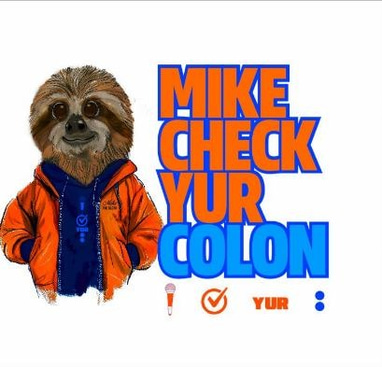The colon plays a crucial role in our overall health, and some researchers speculate it may hold early warning signs for other forms of cancer. Imagine a future where advanced screenings for colon health could help prevent not just colon cancer, but potentially other cancers as well. Here are three thought-provoking scenarios to consider:
Imagine if early detection of colon polyps could reveal markers linked to cancers in other organs, such as the liver, pancreas, or even lungs. By addressing these warning signs at their source, we could intercept cancer before it spreads.
Imagine if routine colon screenings became the standard first step in cancer prevention, offering a proactive way to identify risks across the body. What if a simple test could stop cancer in its tracks before it ever had the chance to grow elsewhere?
Imagine if doctors could treat colon abnormalities in their earliest stages, preventing the cascade of genetic mutations that might lead to cancers in other areas. This could revolutionize how we approach cancer care, making prevention as critical as treatment.
The colon could be more than just a digestive organ—it might be the key to unlocking a future where cancer is caught early and lives are saved.
Regular screenings and early interventions are vital steps toward this vision.
Help us provide colonoscopies for young people at risk.
Colorectal Cancer Awareness
Join us in fighting colorectal cancer and ensuring screenings for young people are accessible.
Screening Accessibility
Advocating for free colonoscopies to detect and prevent colorectal cancer in young adults aged 21-45.
In the U.S., the average cost for a colonoscopy is $2,750, though prices can range from $1,250 to $4,800 or more.7
Each one of these flags represent a colorectal cancer death.
Fight CRC March on Congress 2022


Why Screening Matters
Polyps often don't cause symptoms. For this reason, doctors recommend regular screening tests to look for polyps in the colon. Finding and removing polyps helps prevent colon cancer.


